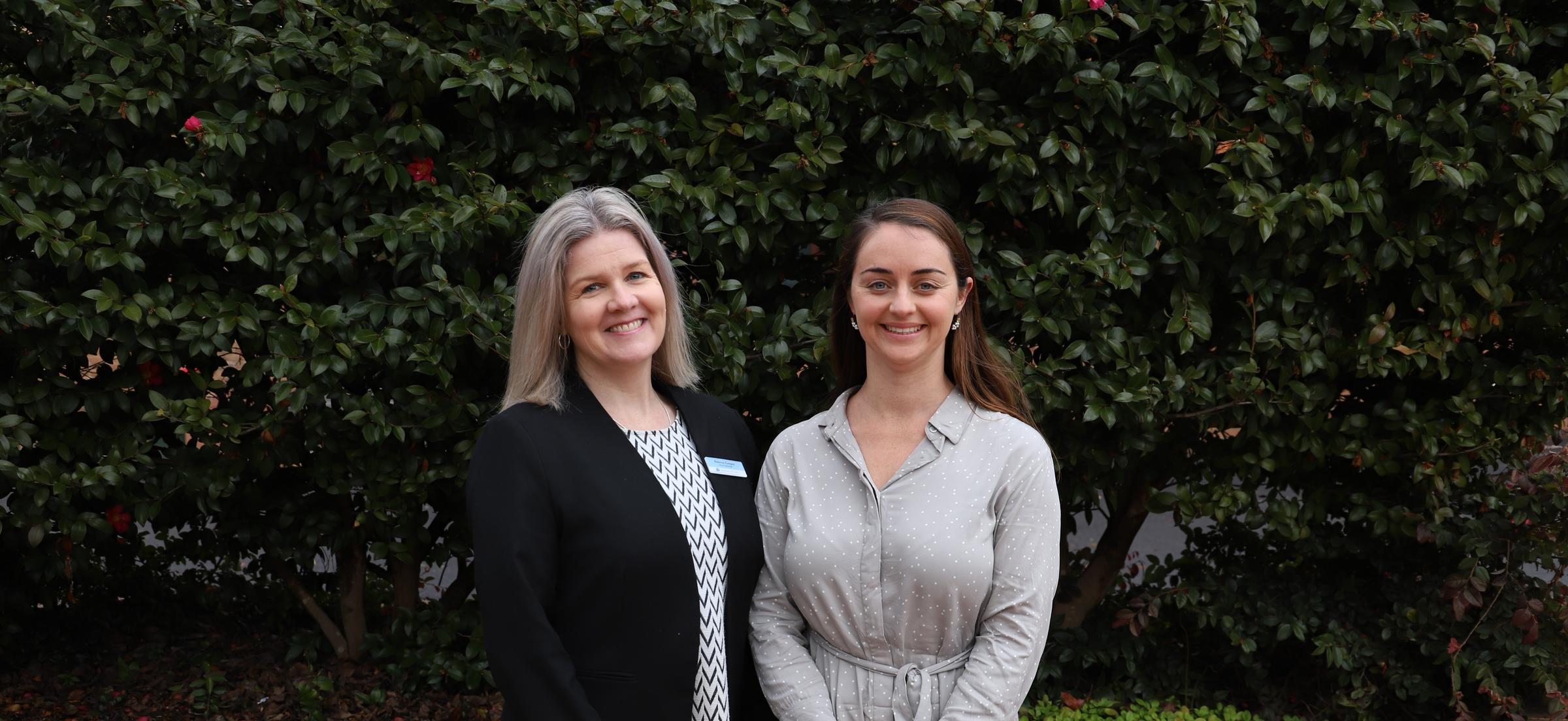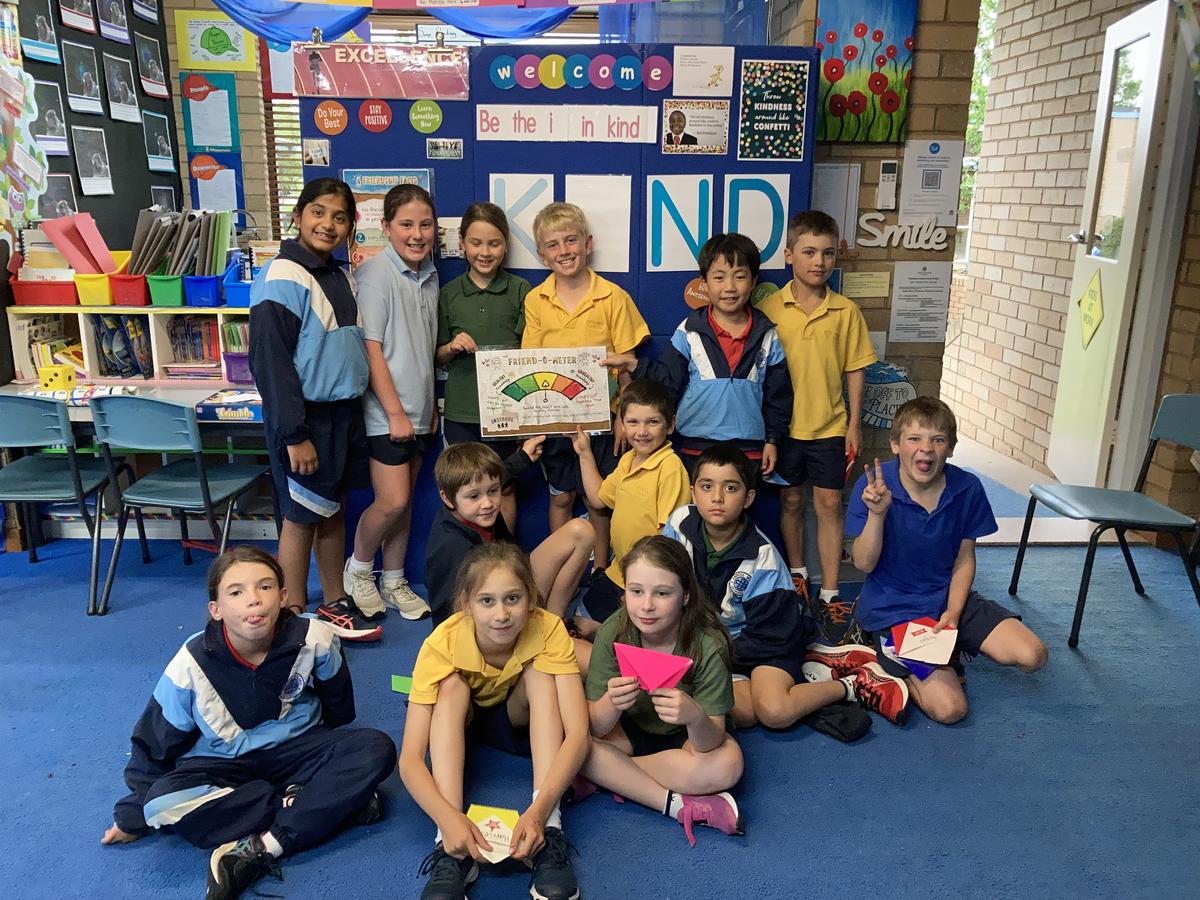Counselling & Psychological Services
Bec Campey and Amy Newsom

Counselling & Psychological Services
Bec Campey and Amy Newsom
This term the School Psychologists have been running several small group interventions for skill building in several areas. It is one of our favourite ways to interact with students in a proactive, fun and targeted way.
Year 3 are learning important friendships skills from the U R Strong program each week during their Social/Emotional Learning lessons, co-facilitated by their classroom teachers and the School Psychologists. These skills include:


Selected students in Years 4 and 5 are participating in the weekly Lunch Club, to build skills in the following areas:
Year 6 are working their way towards their transition to high school next year. Each week, the School Psychologists will work with them to fine-tune key skills for high school, which will then be reinforced on Orientation Day later this term and New Student Day next year. Our goal is to help answer as many questions as possible, so that they feel ready and excited for Year 7. Skills include:
Interested Year 11 students are taking part in a 6-week afterschool program to develop their organisation, study and stress management skills. Students are taking a proactive approach to study and exams, so that they can perform to the best of their ability in Year 12. Topics they will cover include: